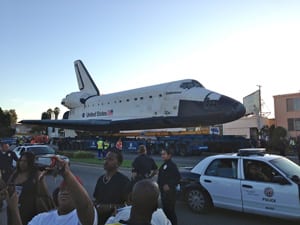Can’t take, won’t take: why patients do not take their medicines, with Nick Barber
By James M Heather, on 30 October 2012
We’re now a few weeks into this term’s batch of Lunch Hour Lectures and the bill is as strong as ever. Thursday 25 October saw Professor Nick Barber, from the UCL School of Pharmacy, presenting his research.
While you may recognise him from the BBC2 documentary Victorian Pharmacy, Professor Barber came to shed some light on why some patients are unable, or willing, to take their medicines as they’re prescribed.
He started with the first surprising fact of the talk; of all the patients on medication for chronic health conditions, 30 to 50 percent do not take their prescriptions as they are supposed to. This is not a trivial matter, leading to a huge amount of suffering and premature death worldwide.
 Close
Close





